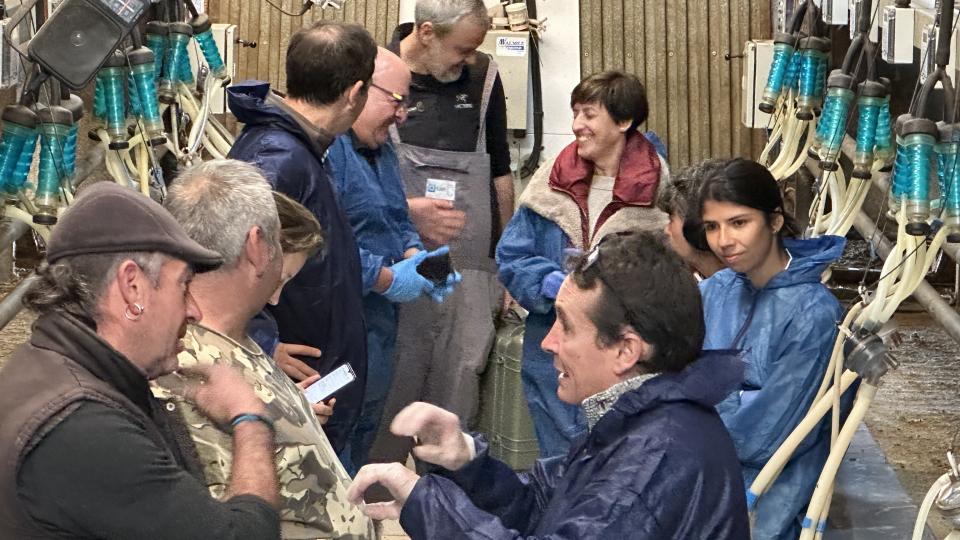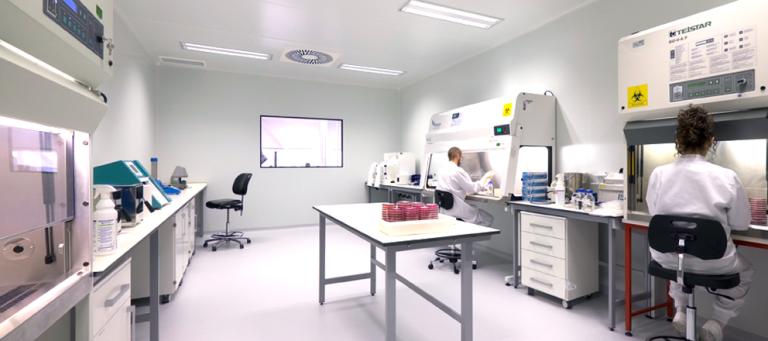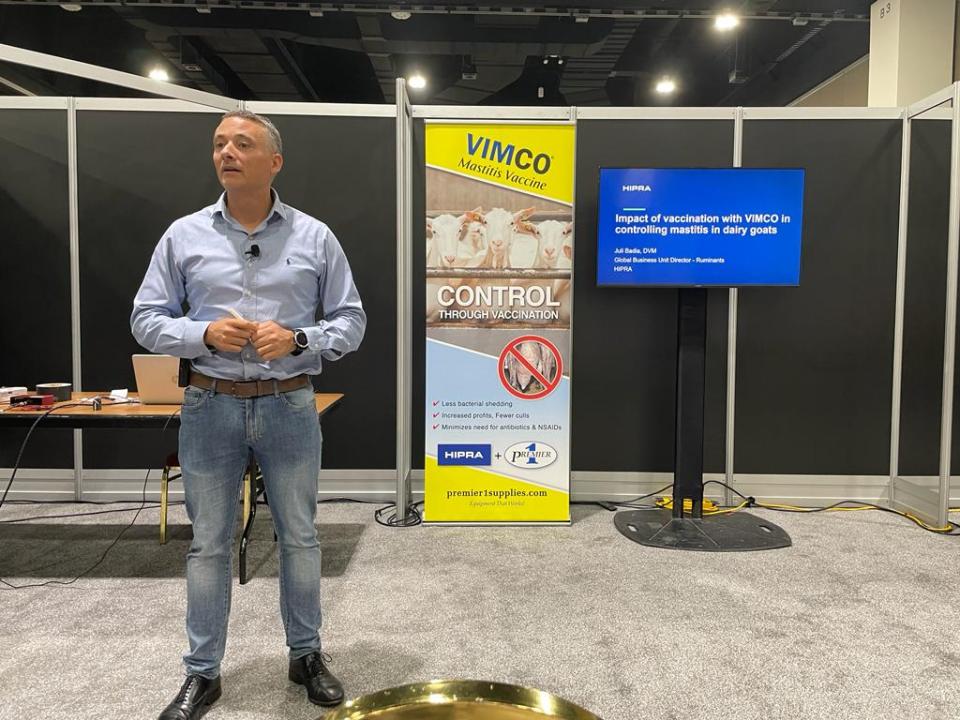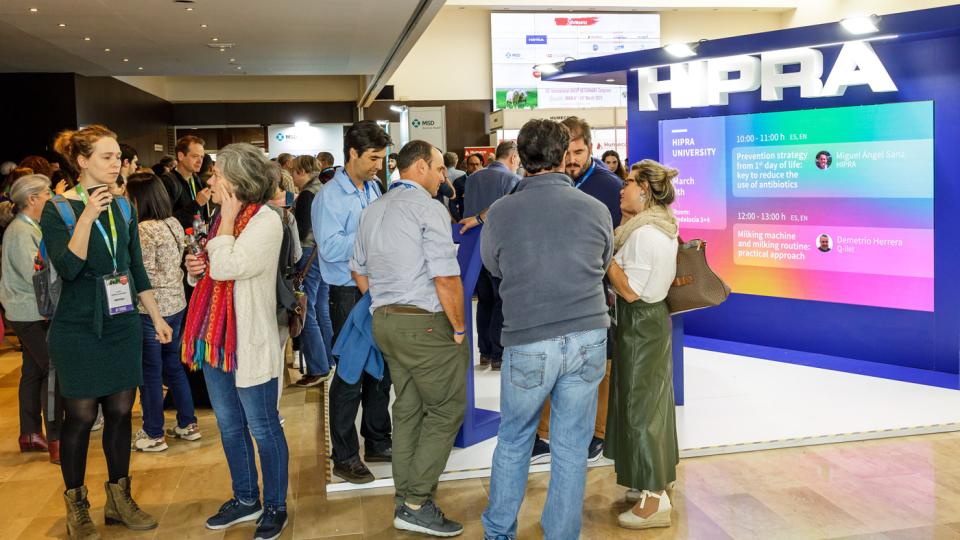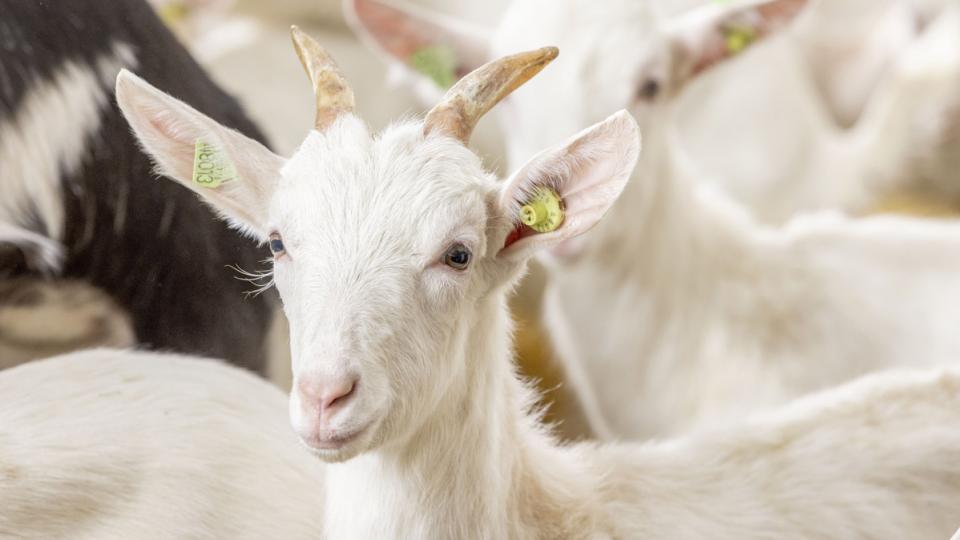A HIPRA University course was held on 21st November in Manzanares, Ciudad Real, with the aim of enhancing training for veterinarians in two key aspects for the prevention of mastitis in dairy sheep: milking parlour and routine.
The course started on the farm with the first milking of the day during which Demetrio Herrera (Q-Llet) provided a practical explanation of the critical points that may be encountered in the milking parlour, both with regard to the parlour and the routine employed, that may adversely affect the animal’s udder.
With the points identified during the practical part, Demetrio expanded on the implications of not having appropriate settings on the milking parlour or of not implementing a proper routine in the parlour. On the basis of this, he provided the attendees with corrective tools and solutions to enable them, as veterinarians, to advise the farmer when faced with this type of problem on the farm.
